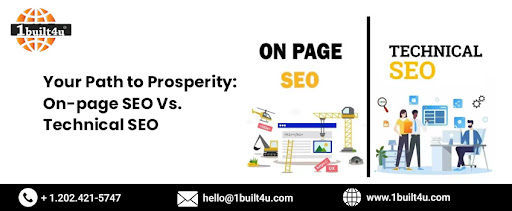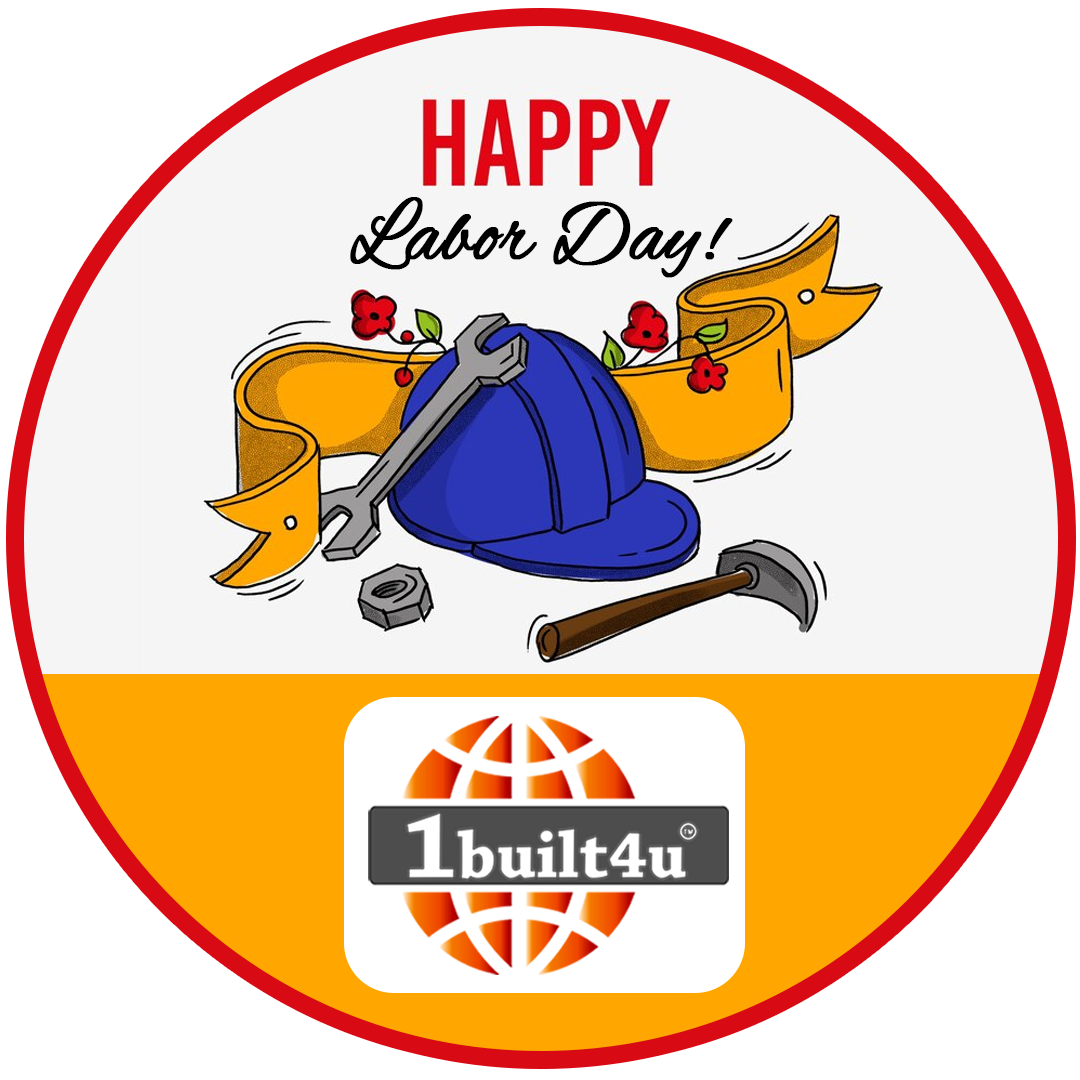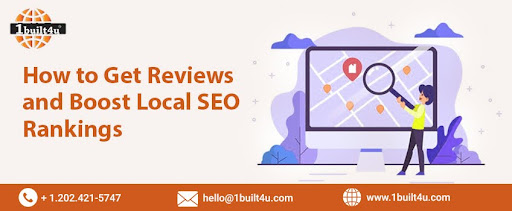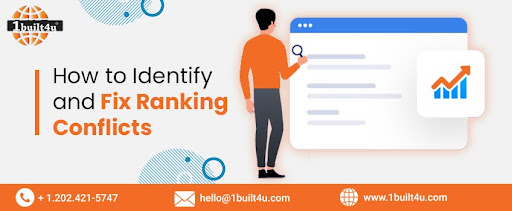
Your Path to Prosperity: On-page SEO Vs. Technical SEO
The process of improving a website's visibility in search results and achieving a higher ranking for relevant queries is known as search engine optimization (SEO). To put it simply, technical SEO is a component of the larger on-page SEO concept. Various aspects of visibility improvement are the focus of each type of SEO. Our search engine optimization agency in Ashburn USA has noted a few points to investigate it further.
SaaS Technical SEO
Technical SEO aids in the optimization of the website's technical components. The structure of the website, mobile-friendliness, and many other aspects are among these. Your website's rank is determined by how well it has been optimized so that it can be crawled and indexed. Technical SEO for SaaS includes:
- Website Speed: Website speed is one of Google's top ranking factors. Your website needs to load quickly and without any hiccups.
- Website Security: Google ranks secure websites. They must be responsive and optimized for use on desktops, smartphones, tablets, and other devices.
- Website Structure: Your website needs to follow the right structure and have a smooth flow of useful information.
- Originality: Getting better SERPs gives you an advantage if your content is engaging, free of plagiarism, and does not appear anywhere else.
To identify technical issues on your website, a technical SEO audit of your SaaS website is required. The website's schema markups, XML sitemap, and internal link building can all benefit from additional enhancements. This improves the structure of your website and makes it easier for search engines to understand its content. Let's move on to the second section - on page SEO.
On-Page SEO
The optimization of a number of aspects of your website in order to achieve higher rankings and more organic traffic is part of on-page SEO. On-page SEO is a component of SaaS technical SEO. On-Page SEO begins with technical enhancement before moving on to content and other strategies for the website. Your domain authority and ranking in relevant search results both benefit from on-page SEO. You can boost the website's quality and visibility with a fully optimized website. The following characteristics can help you optimize your website:
- Canonical tags, alt text, and meta titles and descriptions
- Structure of the URL Content that is unique Image optimization and technical SEO.
Follow the tips below to boost your overall on-page SEO services:
- Improved SaaS Technical SEO: Improving your website's technical aspects is a great way to clean it up and give it a solid foundation. In the following step, you can highlight content and other issues.
- Perfect Content Collection: Every piece of content on your website must be visually appealing, enriched with information, links, and photos, and optimized for optimization. All of your content, from your homepage to the metadata description, aims to increase click-through rates (CTR) and traffic.
- Strategy: A well-thought-out keyword strategy by your SEO company improves link-building efforts, PPC campaigns, social media marketing, and many other aspects. Your keywords must be pertinent and relevant to the user's intent. They must be positioned appropriately. Include your keywords in your titles, meta descriptions, and alt tags, as well as in every other piece of content. Keep in mind that keyword stuffing and keyword optimization are not the same thing. It has the potential to both help your website's SEO efforts and penalize it.
- Linking Structure: A perfect intearnal linking structure is one that includes both internal and external links to high-quality websites. Internal links are crucial for assisting Google bots in understanding your most important pages. Additionally, they increase dwell times, decrease bounce rates, and encourage a lot of traffic.






